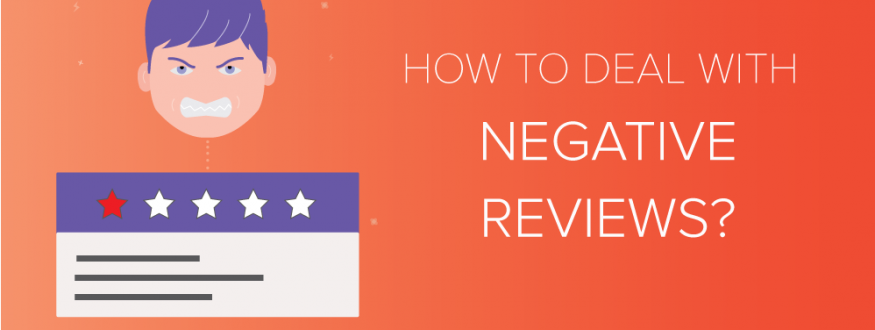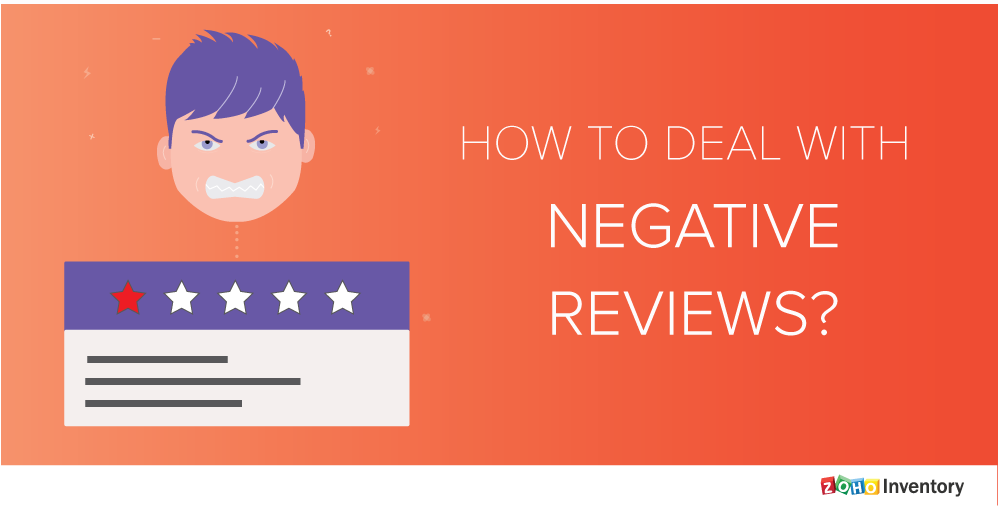Recently, a Denver based diner has been facing a lot of online heat because of the owner’s inability to mince words while responding to “unfavorable” Yelp reviews. When an elderly customer complained about the lack of decaf coffee and the use of duck fat in her order, OneFold owner Mark Neary resorted to swearing at the woman and accusing her of exploiting her age to receive special treatment.
Mark’s outburst is the perfect example of how exactly not to respond to a bad review. Online reviews can significantly impact the behavior of your potential customers, and therefore, the performance of your brand. While your goal is to get good reviews, you’ll most likely encounter a bad review or two. There’s no way around it: bad reviews just happen. But the good news is that they aren’t always a business-killer, but how you handle a negative situation can be. If you can deal with poor feedback in a polite and positive manner, your business reputation stands a better chance of improving not just for dissatisfied customers, but for your loyal regulars as well.
Here are some tips for responding to a negative review:
Respond publicly, on the same review platform.
It’s natural that the first thing that comes to your mind when you get a bad review is to try to get it removed, but strategically, it may not be the best move for your business. Forsake the “no-response-is-the-best-response” philosophy, and respond to the review on the same platform in a polite way. This shows that you care about your customers’ opinions and take them seriously.
Don’t get defensive.
Instead of trying to explain yourself, apologize for the unremarkable experience. Empathize with your customer and try to resolve the issue. Get to the root of the problem and make sure that it is addressed. Admit that a mistake was made, and ask what you can do to resolve the situation. Demonstrate that you intend to use their feedback to improve their experiences with your business in the future.
Take the issue away from the forum.
If you’re certain that the issue could lead to a prolonged argument, try and respond personally – through phone or email. This will ensure that the issue gets resolved immediately and that you do not disclose any private details regarding the customer’s issue. If you resolve the matter to the customer’s satisfaction, leave a brief comment in the same forum. Handling the matter discretely demonstrates respect for the customer as well as respect for your own reputation.
I know it’s my competitor trying to malign my name. What now?
If you are sure that a review was posted out of spite and is not genuine, then you can ask the review site to remove it. Support your claim with factual evidence, and post it as a response. You can also flag it as an inappropriate review and wait for the site to remove it. Whichever course of action you take, be sure to never reply in a hostile manner; that puts you and your business in a bad light.
Not all negative reviews are bad for you.
It may not seem like it, but negative reviews also have a silver lining. They offer valuable insight into your business’ shortcomings. No matter how much you disagree with a customer, they are offering you feedback on how you can improve. Share these reviews with your staff and work on the points mentioned to provide a better experience to your future customers.
When you get a negative review about your business, it’s important to understand that people aren’t out to defame you. They are just sharing a bad experience they had with your business. Reply in a polite and prompt manner and you’ll also demonstrate to potential future customers that you are a business that really cares about its reputation. With the right attitude, you may persuade them to give your business a second chance.

